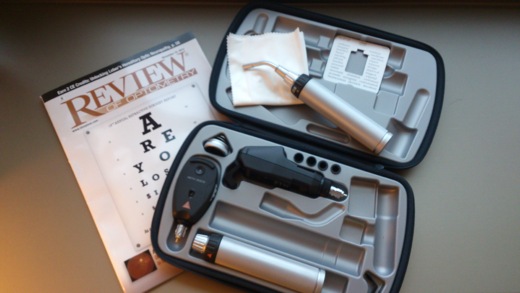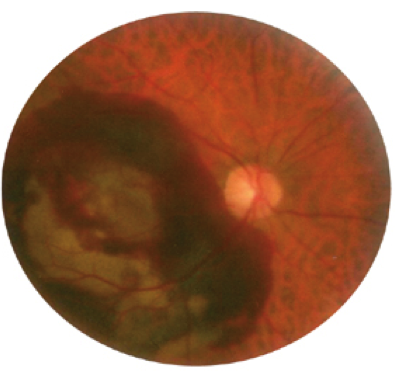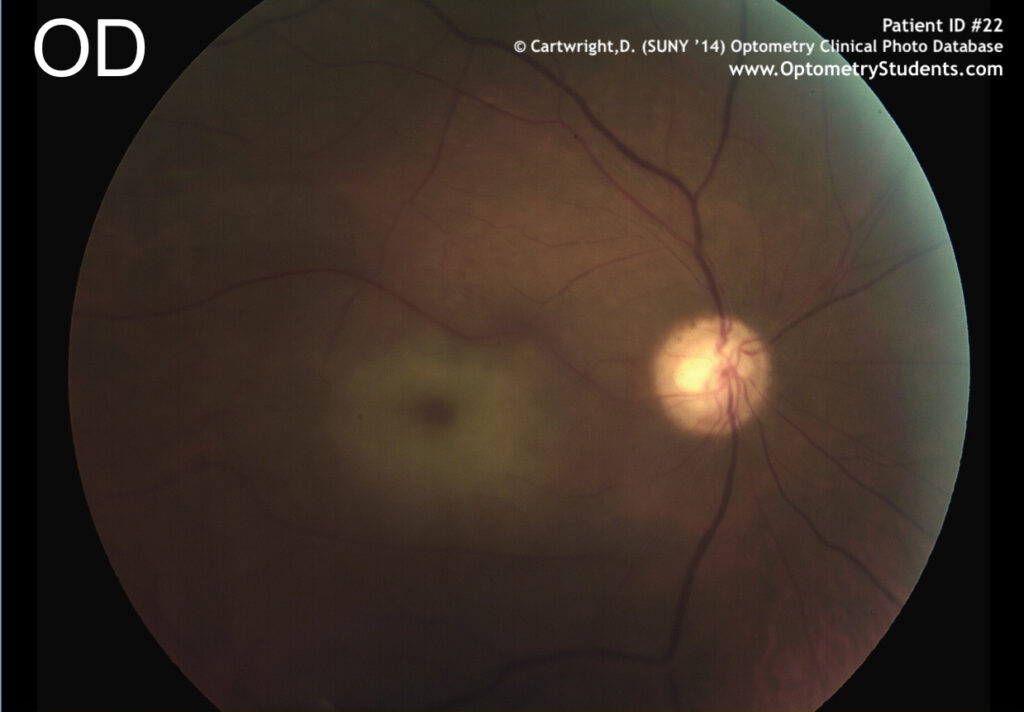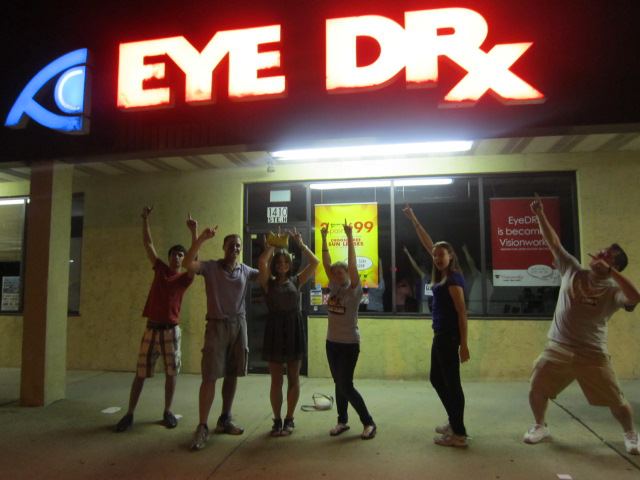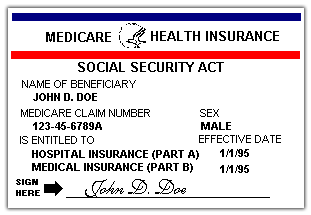The InfantSEE Program: Essential Info You Should Know!
This year at the Illinois College of Optometry we celebrated the InfantSEE program with an evening of motivational speeches, songs, and food. I’m currently a 2nd year student there, and I wasn’t completely clear about the details of this program and the impact that it has. I learned a lot that evening, and would like […]
The InfantSEE Program: Essential Info You Should Know! Read More »



